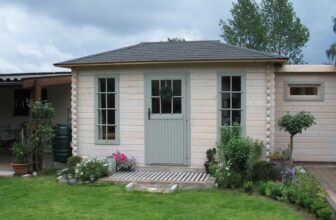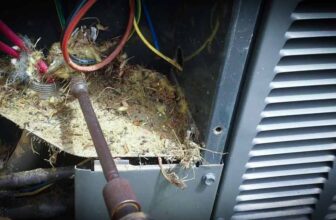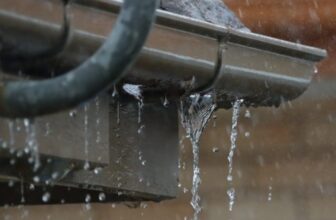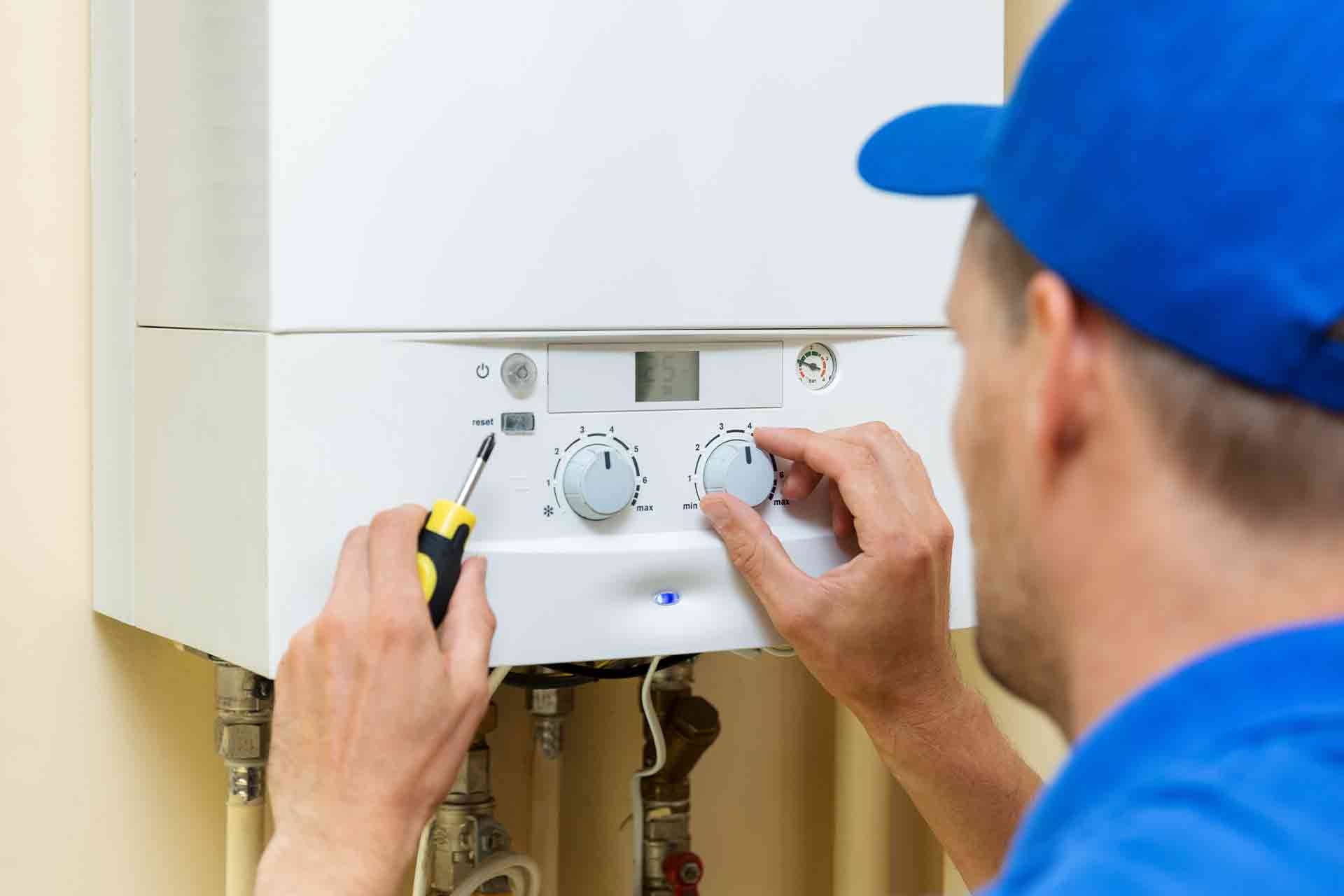
Whether you’re a homeowner looking for a new heating system or a contractor searching for the best options for your clients, this guide is here to help. In this guide, we’ll provide valuable information and tips on purchasing a new heating system that meets your needs and fits your budget.
From understanding different types of heating systems to choosing the right size and efficiency, we’ve got you covered. So let’s dive in and make your heating system buying experience a breeze!
For more information, check out https://www.plumbtechplumbingandheating.com/boiler-vs-furnace/.
Table of Contents
Types of heating systems
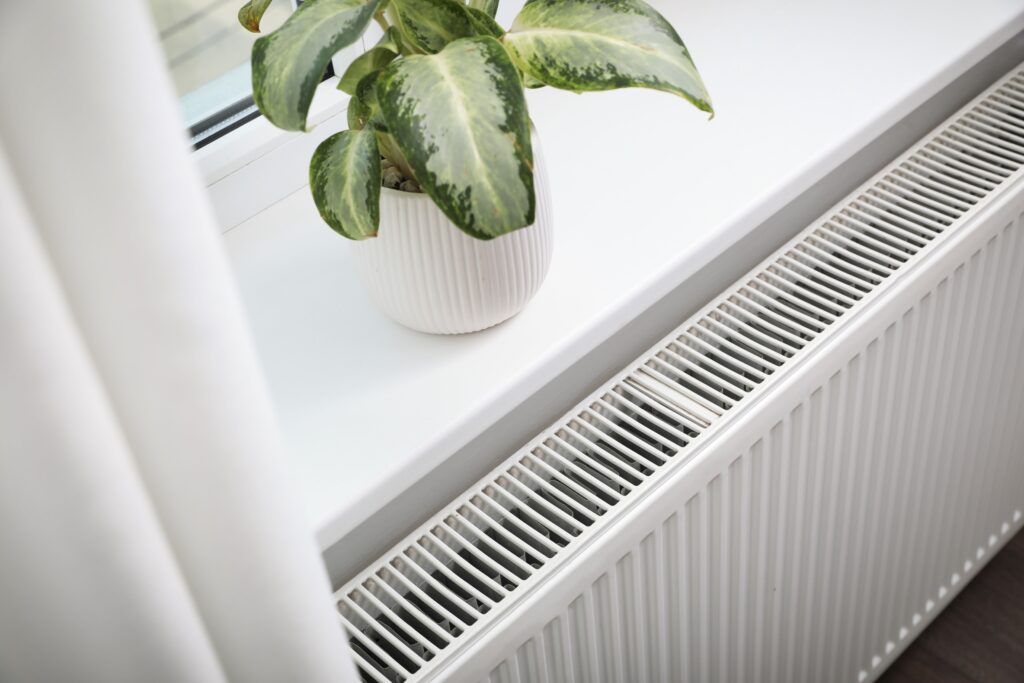
Source: gettyimages.com
There are several types of heating systems available on the market, each with its own unique advantages. Some common options include:
- Furnaces: These are typically powered by gas or electricity and distribute heat through ductwork.
- Heat pumps: Heat pumps use electricity to transfer warm air from one location to another, providing both heating and cooling.
- Boilers: These use water or steam to distribute heat through radiators, baseboard heaters, or radiant floor systems.
It’s important to research and understand the different types of heating systems to determine which one best suits your needs. Factors such as climate, budget, and desired level of energy efficiency should also be considered.
Choosing the right size
When it comes to heating systems, bigger is not always better. Choosing the right size for your home or building is crucial in ensuring optimal performance and energy efficiency.
A system that is too large for your space will constantly cycle on and off, resulting in unnecessary wear and tear and higher utility bills. On the other hand, a system that is too small will struggle to keep up with heating demands and may lead to uncomfortable temperatures.
The best way to determine the right size for your heating system is by consulting with a professional contractor who can properly assess your space and recommend the appropriate size.
Energy efficiency
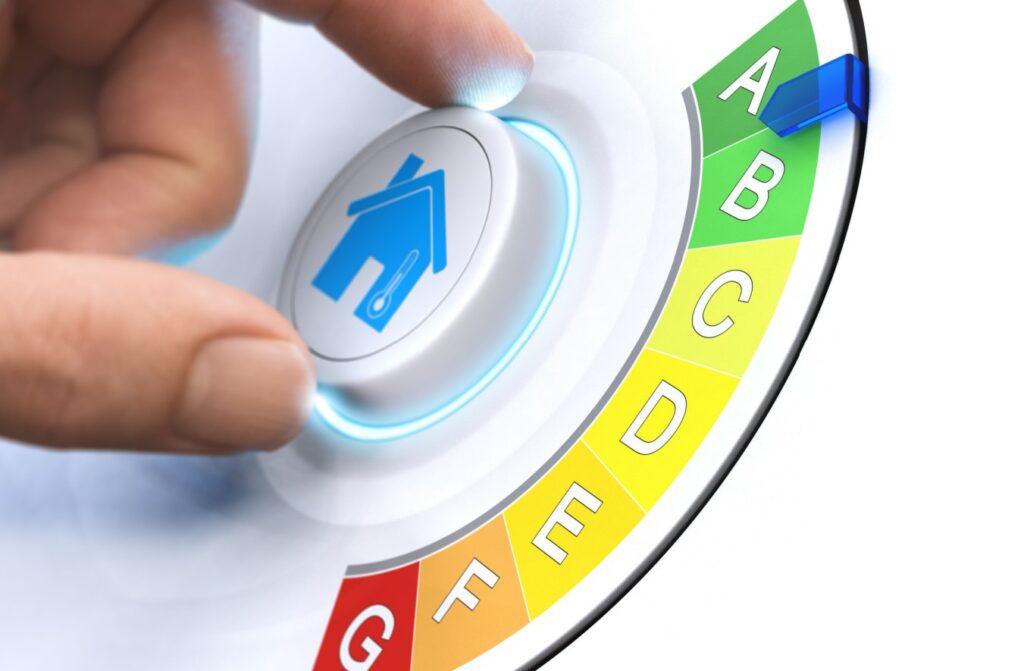
Source: cordis.europa.eu
Investing in an energy-efficient heating system not only helps the environment but also saves you money in the long run. When considering energy efficiency, look for systems with high Annual Fuel Utilization Efficiency (AFUE) ratings for furnaces and Seasonal Energy Efficiency Ratio (SEER) ratings for heat pumps.
Additionally, programmable thermostats can help regulate temperature settings and reduce energy usage when no one is home or during times of lower demand.
Maintenance needs
When buying a new system, another factor to consider is its maintenance needs. Be sure to research the recommended maintenance schedule and costs for any heating system you are considering, as well as factor in ongoing repairs and potential warranties.
A new heating system can be worth it
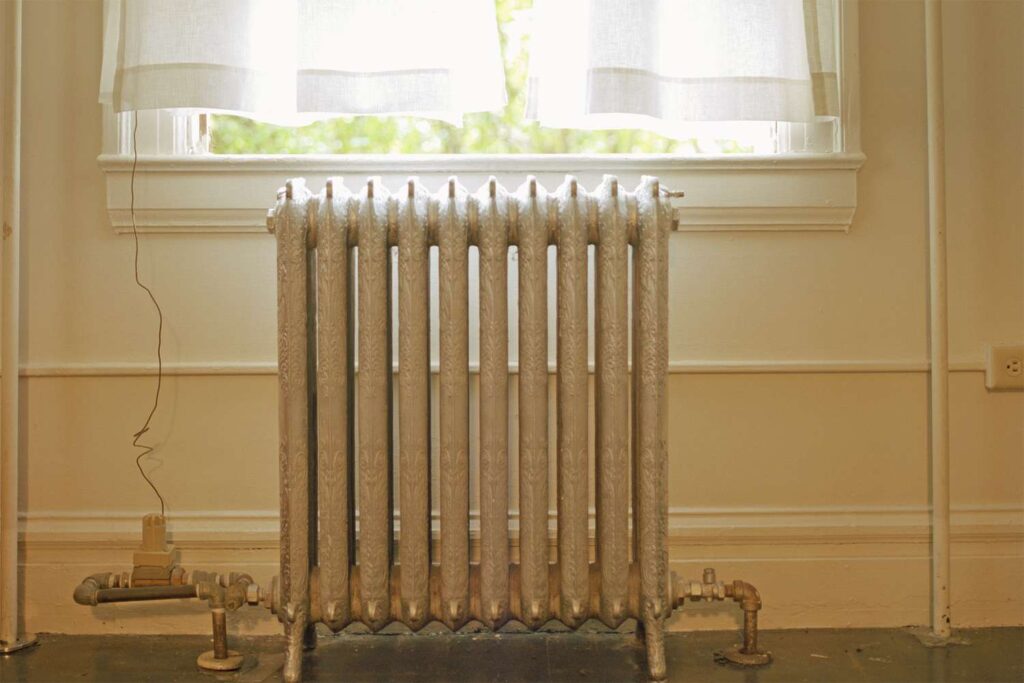
Source: thespurce.com
Purchasing a new heating system is a significant investment, so it’s important to do your research and choose wisely. With the help of this guide and professional expertise, you can make an informed decision and stay warm and comfortable for years to come.
Don’t forget to also consider the reputation and experience of the company providing installation, as well as their customer service and warranty policies. With these factors in mind, you’ll be on your way to a reliable and efficient system for your home or building.




